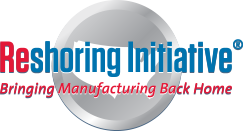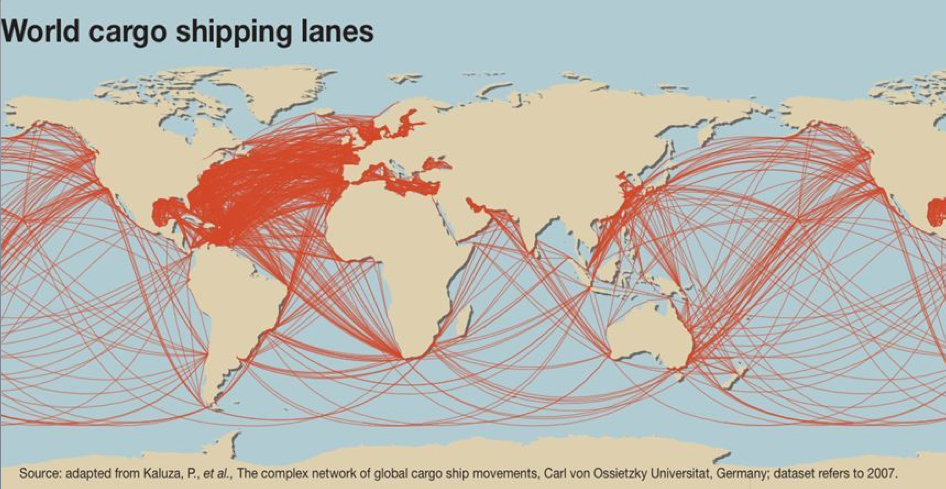Minimize Your Offshore Supply Chain Risks
In 2010, Harry Moser launched The Reshoring Initiative. The goal was to help companies understand the true cost of offshore production and why reshoring close to home make sense. Since that time, companies throughout the country have used the Initiative’s tools and training to grow the American Manufacturing base.
This article reviews some of the key tenants of reshoring. There are many risks when it comes to selecting OEM suppliers. Understanding them is essential to running a successful business. In our new white paper, we will examine three strategic areas to include in your supplier selection process: Cost, Scheduling, and Compliance. Cost is not just the final price you pay for a part. Cost also includes shipping, time to market delays, quality control checks as well as labor. Cheap foreign labor is becoming more expensive. Offshore suppliers face a more demanding workforce. And, today’s consumers are demanding that suppliers provide improved working conditions and pay. All of this is driving up the unit cost of goods sold. Just as important as the cost of goods, is scheduling. Scheduling is a tricky area where small changes can have a big downstream impact. If a supplier is far removed from the end consumer, additional time should be built into the delivery schedule to compensate for various factors. Additional lead time will help manage inventory levels to accommodate customer needs. Time in transit should include not only the time to port, but from port to final destination. It’s wise to have a “cushion” to allow for any unforeseen factory delays or customs snags. Lastly, businesses must consider compliance requirements. While not all products require a great deal of scrutiny to pass government requirements, there are many classifications of goods that must be well documented. Remember the lead paint found in children’s toys several years ago? This product flaw sparked additional oversight and inspections for an array of consumer goods. Obviously food, drugs and anything for children are on the top of the list. However, component parts and materials in products might need to pass inspection as well. Many foreign suppliers are not aware of our government’s requirements, or they may find ways to work around the regulations. It is the responsibility of the importing company to guarantee their goods meet all the guidelines. Failure to do so could end in customs confiscation. Worse case, the importing company may be asked to destroy the shipment. Interested in additional resources? You can download our new white paper: Hidden Risks In Your Offshore Supply Chain. With these key areas in mind, we have developed a white paper on the factors that can impact your supply chain along with a Supply Chain Checklist. To get this new publication, just click here. This article originally appeared on The Rodon Group blog. Rodon is a high-volume plastic injection molding manufacturer located in Hatfield, PA. The author, Paula Hynes, is the Communications Coordinator for The Rodon Group.


